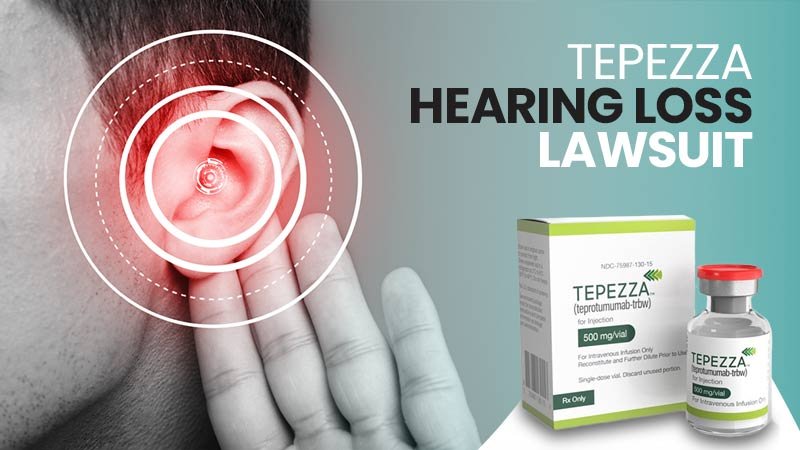When Can You Sue Your Employer for a Work Injury?
Have you ever suffered any workplace injury? You are in some luck, as in the workers’ comp program, the employer’s insurance will pay out your medical expenses & lost earnings. However, in return, you give up your right of filing a lawsuit against the employer in many instances. But, you can consider filing a third-party lawsuit that has caused you injury at the workplace, and for this, you can take the help of a workers’ comp attorney Boca Raton.
Hence, if you are looking to claim compensation from your employer, you need to meet certain criteria for doing so and your lawyer will help you out. If you want to know how to sue your employer for work-related injuries or accidents and if you have a strong case for pursuing your case, continue reading the article.
When to File a Lawsuit?
Basically, you have a “right” to sue your employer if you’re injured in a work related accident and incident was because of their negligence or mistake on a part of your work colleague. If your employer creates any problem in your working life as you are seeking compensation, they will be looked at as acting “unlawfully,” hence you can seek more compensation that you are liable to get. There’re a few limited circumstances that allow you to file the lawsuit against the employer in a law of court.
You can file the lawsuit if:
Your employer hurt you intentionally – To sue an employer for intentional harm, then your employer might have taken a few actions with specific or direct intent to harm you. For instance, intentional harm can be your employer hitting you. It means an intentional act, not the employer’s negligence in failing to safeguard your safety and health. Carelessness, in an extreme type, is insufficient to intentional harm in such a case.
Not carrying workers’ comp insurance – In many states where the employer has to buy the workers’ comp insurance plan, you will be entitled to filing a lawsuit against the employer for any compensation for the work-related illnesses or injuries if an employer doesn’t have the active workers’ compensation plan. On the other hand, in a few states, you will be entitled to get workers’ compensation gain from the state-maintained fund, and with a state then file the lawsuit against the employer for your reimbursement.
Getting third-party claims- There are situations, where an injured worker can file a civil lawsuit against the third party who is responsible and contributed to their injuries. In a few cases, such claims might not be directly lodged against an employer. But, they will be directed at defendants who bear responsibility for their victim’s injuries. In some cases, the injured worker will sue an employer. Normally, the independent contractor isn’t covered under the workers’ comp benefits. But, if they are injured when executing their duties, an independent contractor will sue an employer.
Toxic and harmful chemicals – Sometimes, workers have to work with toxic & volatile chemicals, and they will be protected by the workers’ comp. Still, they will be successful occasionally with the claim outside of the workers’ comp based on the toxic tort law.
Contractor or Subcontractor involvement – Suppose you’re injured on your job by the contractor hired by the employer or your employer’s contractors, then you are liable to pursue the lawsuit against the employer under the theory of the negligent hiring and entrustment, or as per the contractual relation between the employer and contractor.
Taking Legal Help
Cases that involve work-related injuries will be complex. This will be a bit confusing to the worker if he or she has to file the workers’ comp claim and bypass the system to file the civil lawsuit against their employer. People in such a situation will want to consult with the workers’ comp attorney to know about their rights and understand everything.
Whereas these are a few important steps that you have to take into consideration after the accident at work, and there are many other steps that you have to take too. To protect the legal rights, make sure you avoid any mistakes or maximize the recovery, you must consult with a professional lawyer immediately.
Follow Us
Latest Post
















